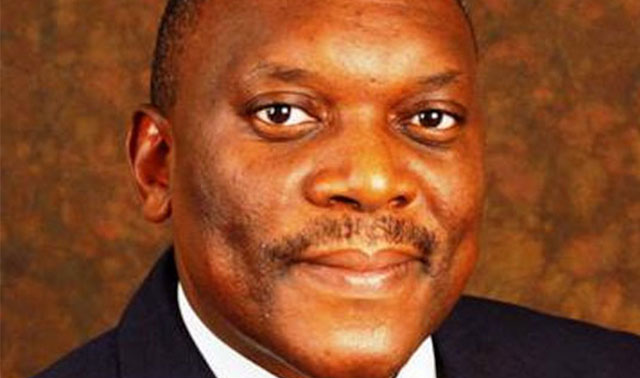
Minister of telecommunications & postal services Siyabonga Cwele has announced measures the Internet Service Providers’ Association (Ispa) has agreed to to try to suppress xenophobic and other hate speech online. This follows a meeting he held with Ispa last week.
Cwele says in a statement that Ispa will remove “offensive messages posted on platforms such as mobile networks, Facebook and websites that they are in control of within five working days”.
The minister cites the Electronic Communications and Transaction (ECT) Act as the legislation entrusting him with taking down of offensive electronic communication.
The minister or any other person may initiate a complaint against a service provider that is “hosting, caching or transmitting a message that could or that does infringe the rights of any other person”, he says.
Ispa has agreed to “make sure that these messages are removed within the shortest possible time”.
The statement indicates that once contacted by Ispa, a service provider will be required to remove offending comments “or other communications” from the website or online platform.
Ispa says it has noted its role as a recognised industry body in terms of the ECT Act and has operated a takedown notice facility since 2009.
Upon receipt of such a notice, Ispa will forward it to the relevant member of the association and will usually receive a response within five days.
Most issues are resolved within 48 hours, it says.
The industry body says it received 168 takedown notices last year, with 72 being rejected for various reasons, including that content had already been removed or the intended target was not an Ispa member.
Ninety-six takedown notices were accepted, with only four instances in which they were rejected by service providers. Most of these related to copyright infringement.
Cwele says steps will be taken to prosecute senders of xenophophic message within the shortest possible time.
His spokesman, Siya Qoza, says the agreement with Ispa pertains only to information contained on a locally hosted communications platform.
The process to remove internationally hosted offensive commentary is not governed by the ECT Act.
Ispa reiterates that it does not have control over content that is hosted on a server in another country. International social media sites such as Facebook and Twitter fall under this category. Ispa says people should use the mechanisms on these sites to report “offensive or inappropriate content”. — © 2015 NewsCentral Media




